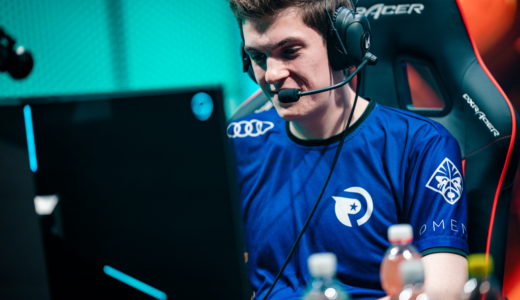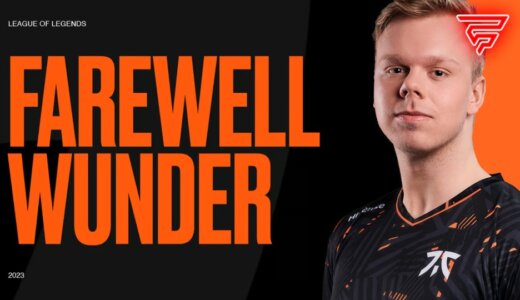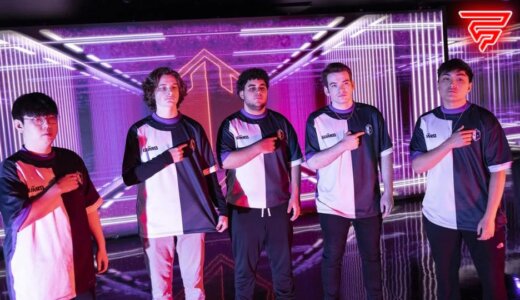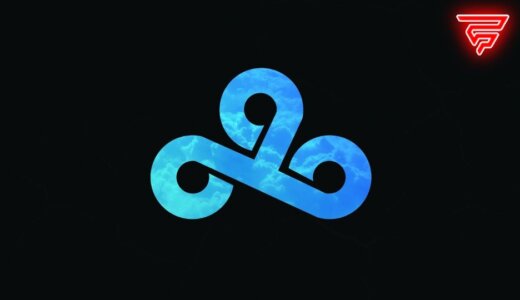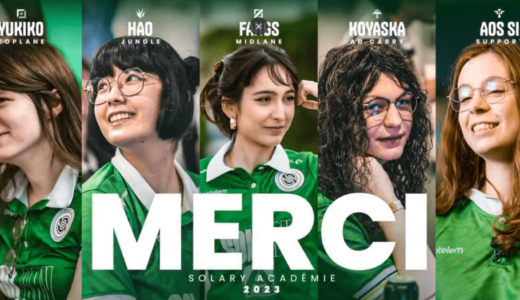During the last decade, the esports scene has grown substantially, but with all that attention comes added responsibilities.
Esports need higher morals
With generations growing up in the online world just starting to face real-world consequences for their actions, a major question arises. Sure, playing video games for a living is something our grandparents could never imagine being feasible. But why have we neglected the fact that this environment needs to be monitored as well? Unfortunately, the internet is still a place where you can say anything and do almost everything without facing consequences for it. But those standards should not apply to everyone. Especially not to people who are given a platform to reach a larger audience. And currently, that’s what esports is trying to do. Be this generation’s version of color television.
Schalke 04 from the German Prime league bench jungler Isma
A few days ago, just hours before their first match in the group stage at the 2022 EU Masters tournament, the esports PR department for German team Schalke 04 released this statement:
ℹ️ Today an incident occurred that has caused us to exempt Isma with immediate effect. We ask for your understanding that we currently can’t comment on the background.
— Schalke 04 Esports (@S04Esports) August 29, 2022
While it was unclear at the time what the reasoning behind this move was, the story quickly unfolded. The fans were certainly upset, with the move sabotaging the team’s chances heading into arguably the most important match of the season. The following day, the affected player addressed the situation in a Twitter longer, saying he takes full responsibility but that in his mind, the benching was an overblown reaction. Despite the mixed reactions he received from the scene in the comments, the damage was already done.
the word subhuman is racist/antisemitic, and I dont think this is "just a very common (but non acceptable) flaming", its not even everything
sadly i dont have a picture of what you said after you added me 🙂 pic.twitter.com/eskeLqRtlw
— Nyro (@Nyrolol) August 30, 2022
Proof of him insulting and verbally attacking a teammate in ranked, who also streams to a dedicated audience was made public. Schalke doubled down on their stance in a Twitter longer stating:
“An insult that is said within the League of Legends world might hold a different weight there than it does in the world where we as Schalke 04 operate. For countless years now, FC Schalke 04 work against racism, antisemitism, and discrimination – we have come a long way, made mistakes, learned, and kept on learning. Sometimes people seem to forget, that the things we say online have a very real impact on people. This is real life and the things we say matter.”
Prevent and punish toxicity
As great as it is to hear teams having this kind of attitude towards these kinds of situations, actions speak louder than words. Notable members of the community praised Schalke for their swift reaction but nothing else was achieved. Riot officially suspended the affected player from competitive play for just 10 days. While the severity of the punishment is up for debate, one thing is clear. If the esports community is set to enter the mainstream of entertainment, some standards need to be raised. “Cancel culture” is not enough to hold the internet accountable, and organizations profiting from it need to keep their end of the bargain.
As an individual, such behavior should not be acceptable.
As a professional, who is supposed to be a role model and leading by example, such behavior should not be allowed.
As part of an organization with high values and standards, such behavior should be punishable. (2/3)
— Broxah (@BroxahLoL) August 31, 2022
This entire situation just shows how normalized toxicity is in the gaming community. Sure, banter and trash talking are the bases of creating an interesting and competitive environment, and that in turn leads to a more watchable product. But with esports aiming for the highs traditional sports have reached, we need to do better as a community. If a football or basketball player spewed hateful, insulting, and racist remarks either online or in competition, they would receive a far harsher punishment.
Header: Riot Games

